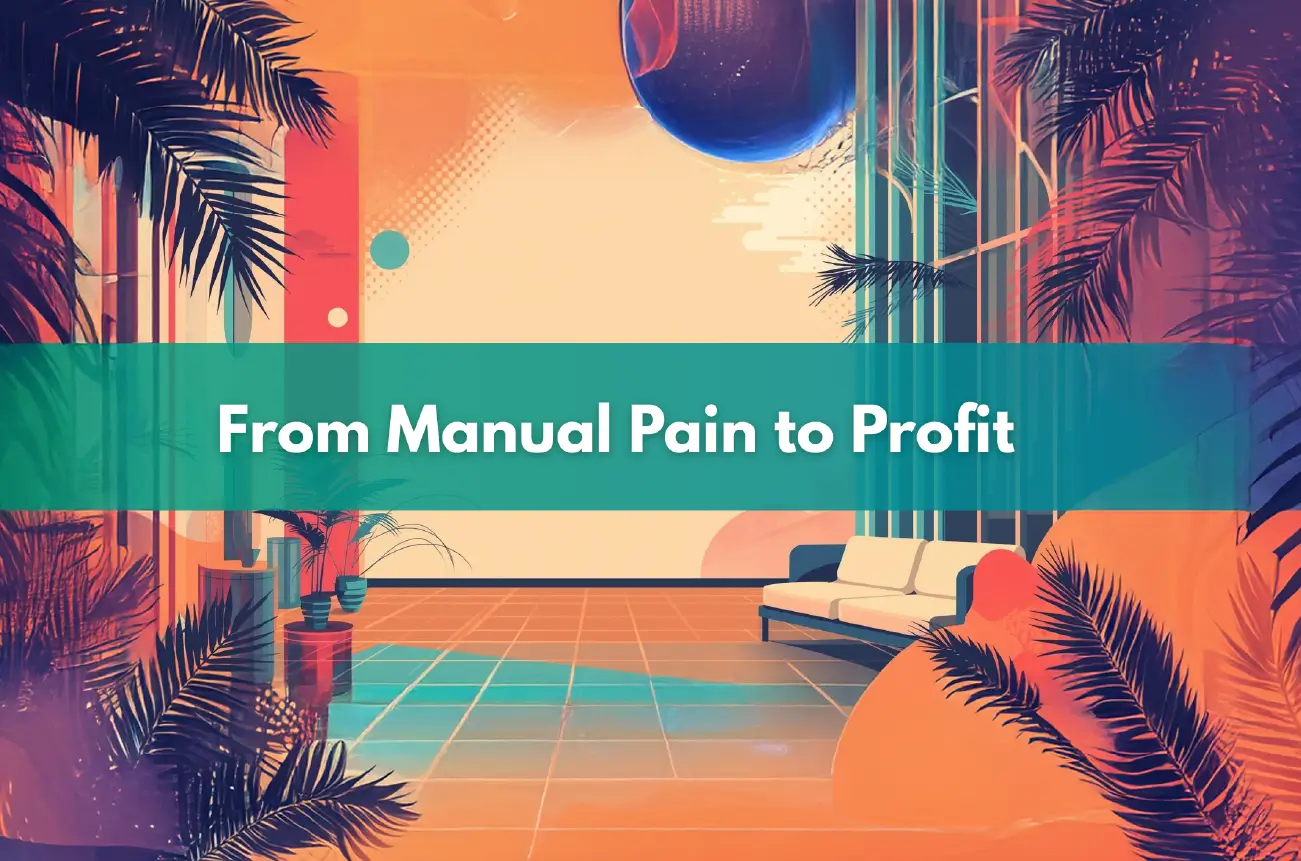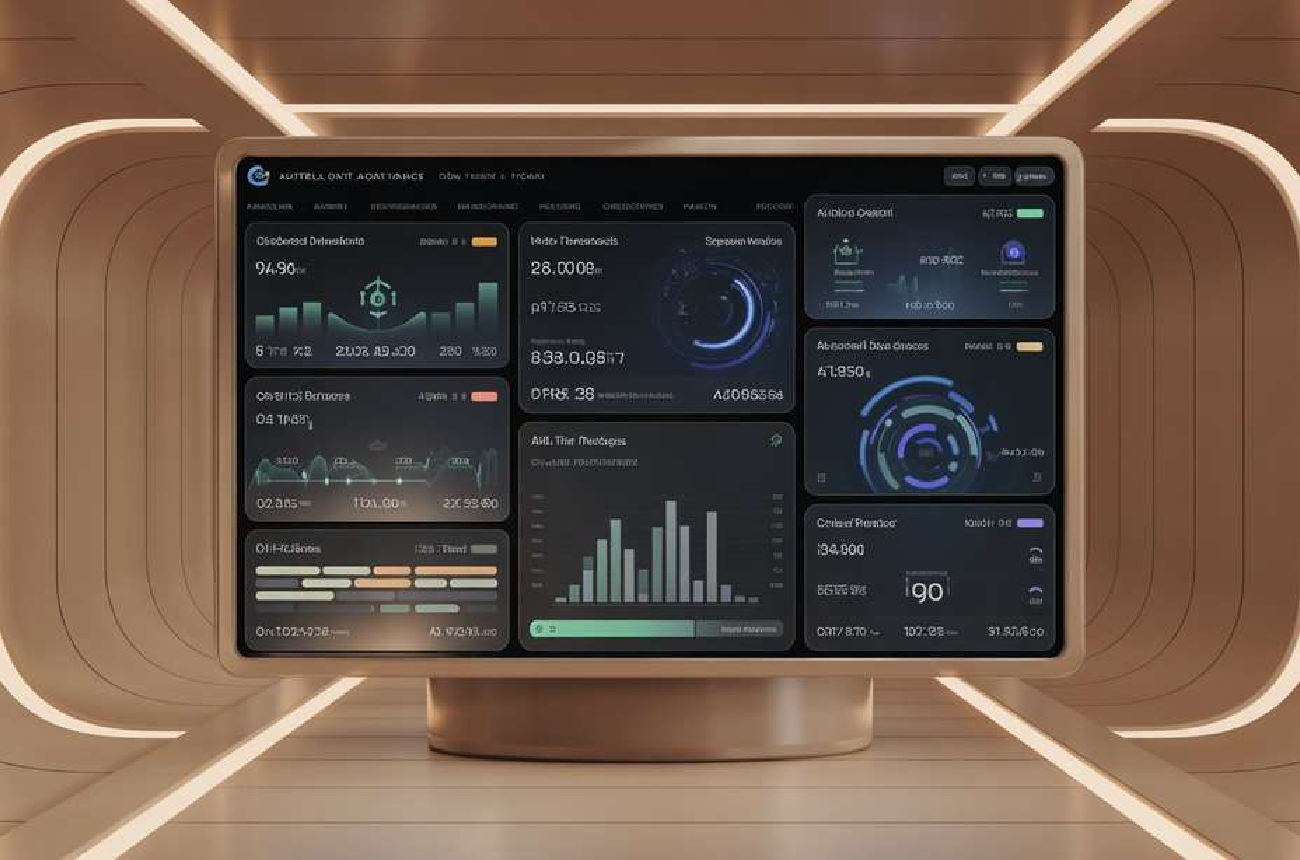In today’s marketplace, businesses constantly seek ways to enhance efficiency. Two key technologies in this journey are Robotic Process Automation (RPA) and Artificial Intelligence (AI). Although often mentioned together, they serve different purposes.
What is Robotic Process Automation (RPA)?
RPA involves using software bots to automate repetitive tasks. These tasks are rule-based and don’t require decision-making skills. Think of RPA as a digital workforce. It mimics human actions to complete tasks faster and with fewer errors.
Key Features of RPA
RPA excels in handling structured data. It performs tasks like data entry, processing transactions, and managing records. The main goal is to streamline operations by reducing manual effort.
What is Artificial Intelligence (AI)?
AI simulates human intelligence using machines. It involves learning from data, reasoning, and self-correction. AI is more advanced than RPA. It requires complex algorithms and vast amounts of data.
Key Features of AI
AI systems learn and improve over time. They analyse unstructured data, recognise patterns, and make decisions. AI encompasses technologies like machine learning, natural language processing, and neural networks.
RPA vs. AI: Core Differences
- Scope of Automation: RPA automates repetitive, rule-based tasks. AI handles complex tasks requiring cognition and learning.
- Learning Capability: RPA follows pre-set rules and scripts. AI learns from data and adapts its responses over time.
- Data Handling: RPA deals with structured data. AI can analyse both structured and unstructured data.
- Decision-Making: RPA cannot make decisions. AI can make informed decisions based on data analysis.
How RPA and AI Complement Each Other
While different, RPA and AI can work together effectively. RPA automates routine, repetitive tasks, allowing AI to focus on more complex and analytical problems. This synergy creates a powerful combination for business automation. RPA manages data entry, transaction processing, and other rule-based activities. Meanwhile, AI interprets data, learns from patterns, and makes informed decisions based on analysis. These technologies enhance operational efficiency and enable more intelligent decision-making across business processes by working together. This integrated approach maximises both technologies' strengths, leading to improved productivity and innovation in automation.
Benefits of Using RPA and AI Together in Hospitality
Combining RPA and AI in hotels boosts productivity and reduces operational costs. It minimises errors and allows staff to focus on high-value tasks. Here are some specific use cases:
- Reservation Management: RPA automates the booking process, handling online reservations, updating availability, and sending confirmation emails. AI analyses booking patterns to forecast demand and optimise pricing strategies.
- Customer Service: RPA manages routine inquiries such as room availability and check-in/check-out times. AI-powered chatbots provide personalised responses to guest queries and handle complex requests efficiently.
- Housekeeping and Maintenance: RPA schedules housekeeping tasks based on check-out times and guest requests. AI predicts maintenance needs by analysing data from sensors in hotel facilities, preventing issues before they occur.
- Billing and Payments: RPA automates invoice generation and payment processing. AI detects fraudulent transactions by analysing vast amounts of real-time transaction data and identifying unusual patterns and anomalies. This ensures secure payment processing, improving financial accuracy and security(PayPal).
- Guest Personalization: AI analyses guest preferences and behaviours to offer personalised recommendations for amenities and services. RPA executes these personalised services, such as setting up preferred room temperatures or arranging special requests.
- Inventory Management: RPA automates inventory tracking and ordering supplies. AI predicts inventory needs based on occupancy rates and event schedules, ensuring optimal stock levels and reducing waste.
- Marketing and Promotions: AI analyses customer data to identify target segments and create personalised marketing campaigns. RPA executes these campaigns across multiple channels, ensuring timely delivery and consistency.
By leveraging RPA and AI together, hotels can streamline operations, improve service delivery, and make data-driven decisions to enhance their overall efficiency.
Implementing RPA and AI in Your Hotel
Start by identifying processes that can benefit from automation. Look for repetitive, time-consuming tasks for RPA. For AI, focus on areas needing data analysis and decision-making.
Steps to Successful Implementation
- Assessment: Analyze your business processes to identify automation opportunities.
- Planning: Develop a clear strategy for integrating RPA and AI.
- Pilot Testing: Begin with a small-scale pilot to test feasibility.
- Full Deployment: Gradually roll out automation across the organisation.
- Monitoring and Optimization: Continuously monitor and refine the automated processes.
Challenges and Considerations
Automation is not without challenges. It requires initial investment and ongoing maintenance. Here are some of the specific challenges and considerations when implementing RPA and AI.
- Initial Investment: Implementing RPA and AI technologies involves some initial costs. There may be costs associated with customising solutions to fit specific business needs. However, these investments are often manageable and can lead to significant long-term savings and efficiency improvements.
- Ongoing Maintenance: Once implemented, these systems require continuous monitoring and maintenance to ensure they operate effectively. This involves updating software, troubleshooting issues, and refining processes to adapt to changing business requirements and technological advancements.
- Security Concerns: Security is paramount, especially when handling sensitive data such as guest information and payment details. AI and RPA systems must have robust security measures to protect against cyber threats. This includes encryption, secure access controls, and regular security audits to identify and mitigate vulnerabilities.
- Data Privacy: Handling large volumes of personal data brings privacy concerns. Compliance with data protection regulations like GDPR is necessary. Hotels must ensure their automation solutions adhere to these regulations to avoid legal repercussions and maintain customer trust.
- Employee Training: Adopting new technologies necessitates training employees to work effectively with these systems. This includes understanding how to interact with automated processes, managing exceptions, and leveraging AI insights for decision-making. Continuous training and support are vital to ensure smooth integration and maximising the benefits of automation.
- Integration with Existing Systems: Integrating RPA and AI with existing hotel management systems can be complex. Research and planning are required to ensure seamless interoperability between new and old systems. Any integration issues can disrupt operations and negatively impact guest experiences.
- Change Management: Implementing automation technologies can significantly change workflows and job roles. Effective change management strategies are crucial to address employee concerns, manage resistance, and ensure a smooth transition to the new systems.
- Performance Monitoring: Continuous performance monitoring is necessary to ensure the continued effectiveness of RPA and AI systems. This includes tracking key performance indicators (KPIs), analysing system outputs, and making necessary adjustments to optimise performance.
Addressing these challenges requires a strategic approach involving careful planning, adequate investment, and ongoing management. By acknowledging and preparing for these challenges, hotels can successfully implement RPA and AI technologies, maximsing their full benefits while minimising potential drawbacks.
Conclusion
Understanding the differences between RPA and AI is important for leveraging their benefits. RPA automates routine tasks, while AI handles complex, data-driven decisions. Together, they offer a robust solution for business automation. By integrating these technologies, businesses can enhance efficiency, reduce costs, and drive innovation.
Final Thoughts
Stay informed about advancements in RPA and AI. Evaluate your business processes regularly for automation opportunities. Invest in training to ensure your team can effectively use these technologies.
By understanding and implementing RPA and AI, you position your business for future growth and efficiency. The synergy between these technologies offers immense potential. Stay ahead by embracing automation and driving innovation in your hotel.







